What is a Trademark?
The terms Trademark and Service Mark are often used synonymously but in fact they are not the same thing.
WHAT IS A TRADEMARK?
A trademark is a word, phrase, symbol, or design, or a combination thereof, that identifies and distinguishes the source of the goods of one party from those of others. We would recognize a Trademark as a brand name. Examples of some famous Trademark names include the iPhone, Coca-Cola, and Victoria's Secret.
WHAT IS A SERVICE MARK?
A service mark is any word, name, symbol, device, or any combination, used, or intended to be used, in commerce, to identify and distinguish the services of one provider from services provided by others, and to indicate the source of the services. Examples of famous Service Marks include FedEx¨ for delivery services, Citibank for financial services and Greyhound for bus lines.
ARE THERE DIFFERENT KINDS OF TRADEMARKS?
Yes, there are three basic types of Trademarks:
- Ordinary Marks - words and/or symbols that distinguish the goods or services of a specific firm
- Certification Marks - identify goods or services that meet a standard set by a governing organization
- Distinguishing Guise - identifies the shaping of wares or their containers, or a mode of wrapping or packaging wares
WHAT KINDS OF TRADEMARKS CAN BE REGISTERED?
There are four categories of Trademarks. Each is based on the relationship between the Trademark and the product:
- Arbitrary – There is no logical relationship to the product. E.g. the name Apple has no logical relationship to a computer.
- Suggestive – There is suggested relationship to the product. E.g. although the name Coppertone is suggestive of a suntan product, it does not specifically describe a suntan product.
- Descriptive – This type of Trademark directly describes some portion of the goods. E.g. the name Holiday Inn directly describes hotel rooms.
- Fanciful – This type of Trademark is a word that had no meaning before it was coined and used in direct association with a product. E.g. Xerox is the name of a well known product but the word itself had no meaning before it was 'invented' to name the product.
WHAT DOES A TRADEMARK PROTECT?
A Trademark typically protects brand names and logos used on goods and services. It ensures that the owner of the Trademark has the exclusive right to use it to identify goods or services, or to authorize another to use it in return for payment.
HOW LONG DOES A TRADEMARK REGISTRATION LAST?
- In Canada, Trademark registration is valid for 15 years. You may renew it every 15 years thereafter for a fee.
- In the U.S.A., the registration is valid as long as you file all post registration maintenance documents in a timely fashion. You must file a 'Declaration of Use under Section 8' between the fifth and sixth year following registration. In addition, you must file a combined 'Declaration of Use and Application for Renewal under Sections 8 and 9' between the ninth and tenth year after registration, and every 10 years thereafter. If these documents are not timely filed, your registration will be cancelled and cannot be revived or reinstated.
WHAT KINDS OF TRADEMARKS CAN BE REGISTERED?
Trademarks may be one or a combination of words, letters, and numerals. They may consist of drawings, symbols, three- dimensional signs such as the shape and packaging of goods, audible signs such as music or vocal sounds, fragrances, or colors used as distinguishing features.
WHAT KINDS OF TRADEMARKS CAN'T BE REGISTERED?
There are numerous restrictions as to the kinds of Trademarks that can't be registered. These include but are not limited to:
- names and surnames
- clearly descriptive marks
- deceptively mis-descriptive marks
- words that denote a geographical location commonly known to be the place of origin of such goods or services
- words or designs that are considered confusing with a previously registered Trademark or pending Trademark
- words or designs that nearly resemble a prohibited mark
Trademarks and the issues surrounding Trademarks can be very confusing, with many rules and exceptions that are difficult to understand. Contact the C2 Global Law Trademark Lawyers for all matters related to Trademarks.

